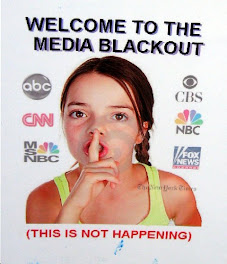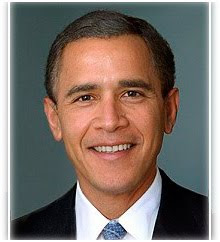NOW FRACKING CHEMICAL SPILLS; ACADEMICIANS POINT OUT: NATURAL GAS IS DIRTIER IN SOME WAYS THAN COAL
Exxon Valdez spill in Alaska, British Petroleum ("BP") spill in the Gulf of Mexico ... They have been pretty rough. And now these are the poster cases for what is very risky with traditional petroleum fuel.
Now we have an out-of-country chemical spill in Pennsylvania that has prompted the hydrofracking (hyrdraulic fracturing or fracking) company to shut down its fracking operations in Pennsylvania.
Huffington Post tells us (April 21, 2011) that Chesapeake Energy Corporation will suspend its operations in the state because chemical-ridden water is flowing out of a well near Canton in Bradford county:
"Fracking Spill In Pennsylvania Prompts Chesapeake Energy To Suspend Gas Drilling Across State."
And earlier this month (April 11) the New York Times reported that the very process of extracting any natural gas leaks methane gas into the environment (albeit, this gas dissipates into the air faster than other chemicals or compounds).
In Tom Zeller's "Studies Say Natural Gas Has Its Own Environmental Problems" scientists explain how the much promoted natural gas option is not the clean fuel that its promoters claim. Zeller's article quotes Cornell University ecology and environmental biology professor Robert Howarth on how there are methane losses from 3.6 to 7.9 percent.
The upshot?: "When all is factored together, Mr. Howarth and his colleagues conclude that the greenhouse gas footprint of shale gas can be as much as 20 percent greater than, and perhaps twice as high as, coal per unit of energy."
Read more at page one and at page two of Zeller's article.
Exxon Valdez spill in Alaska, British Petroleum ("BP") spill in the Gulf of Mexico ... They have been pretty rough. And now these are the poster cases for what is very risky with traditional petroleum fuel.
Now we have an out-of-country chemical spill in Pennsylvania that has prompted the hydrofracking (hyrdraulic fracturing or fracking) company to shut down its fracking operations in Pennsylvania.
Huffington Post tells us (April 21, 2011) that Chesapeake Energy Corporation will suspend its operations in the state because chemical-ridden water is flowing out of a well near Canton in Bradford county:
"Fracking Spill In Pennsylvania Prompts Chesapeake Energy To Suspend Gas Drilling Across State."
A natural gas company has suspended "fracking" at all of its wells throughout Pennsylvania until it figures out the cause of a spill in the northern part of the state.
Chesapeake Energy Corp. said Thursday that crews have significantly reduced the flow of chemical-laced water from its out-of-control well near Canton in Bradford County.
Spokesman Brian Grove says that the exact cause of Tuesday night's breach is unknown, but that it's located in a wellhead connection.
Thousands of gallons of drilling fluids were spilled. They escaped containment, crossed over farm fields and went into a stream.
Grove says initial testing of area waterways has shown "minimal impact, if any."
Fracking is short for hydraulic fracturing and involves injecting chemicals into the ground to release natural gas.
And earlier this month (April 11) the New York Times reported that the very process of extracting any natural gas leaks methane gas into the environment (albeit, this gas dissipates into the air faster than other chemicals or compounds).
In Tom Zeller's "Studies Say Natural Gas Has Its Own Environmental Problems" scientists explain how the much promoted natural gas option is not the clean fuel that its promoters claim. Zeller's article quotes Cornell University ecology and environmental biology professor Robert Howarth on how there are methane losses from 3.6 to 7.9 percent.
The upshot?: "When all is factored together, Mr. Howarth and his colleagues conclude that the greenhouse gas footprint of shale gas can be as much as 20 percent greater than, and perhaps twice as high as, coal per unit of energy."
Read more at page one and at page two of Zeller's article.
















